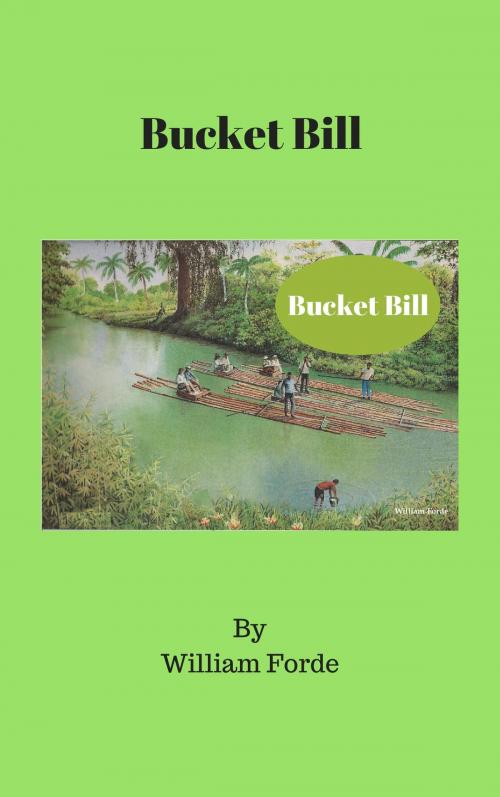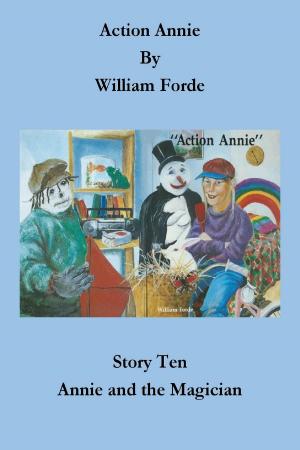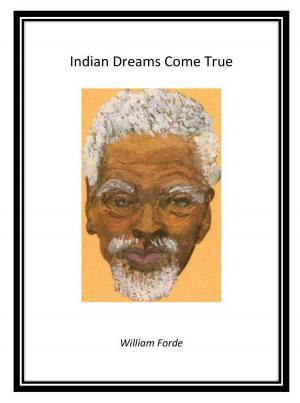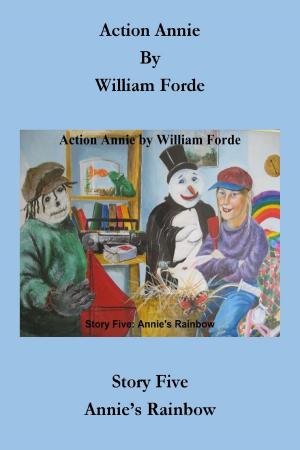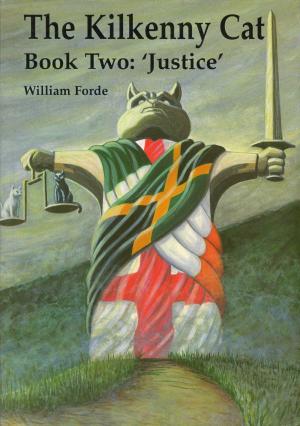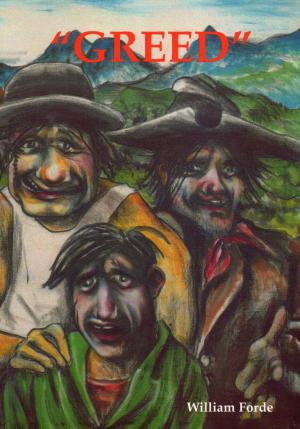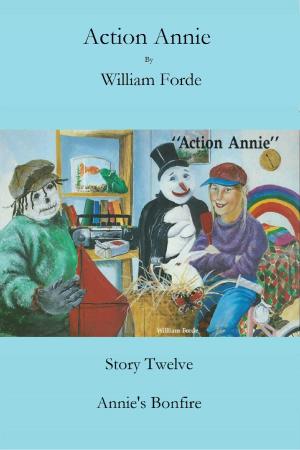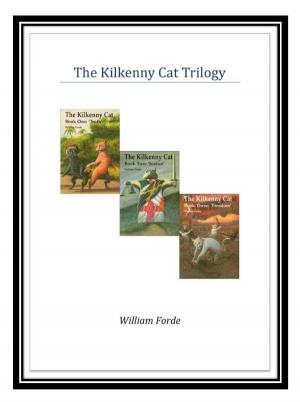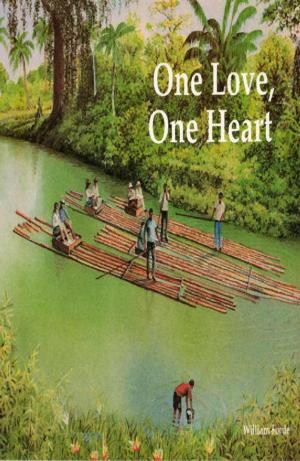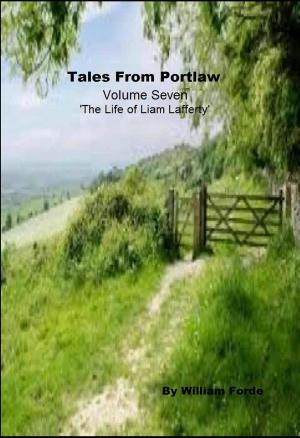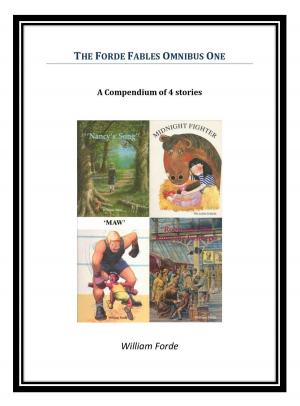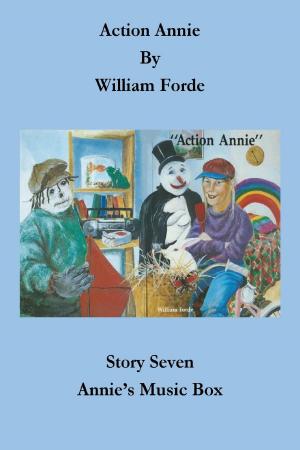| Author: | William Forde | ISBN: | 9781476005997 |
| Publisher: | William Forde | Publication: | June 1, 2012 |
| Imprint: | Smashwords Edition | Language: | English |
| Author: | William Forde |
| ISBN: | 9781476005997 |
| Publisher: | William Forde |
| Publication: | June 1, 2012 |
| Imprint: | Smashwords Edition |
| Language: | English |
A Jamaican story from the land where the sun shines down on every man, woman and child in equal measure; a safe harbor where hope springs eternal in the hearts of all good people and where the river of respect runs deep.
This story is set in Trelawney, sometime between 1950 and 1962. The story is one of three stories that Nelson Mandela praised as being ’wonderful’. I extend my appreciation to the honorable Royland Barrett, the Custos of Trelawney (Mayor), for the factual background information he provided about the history and development of Trelawney and its capital town of Falmouth. The honorable Royland Barrett acts as representative to the Governor General of Jamaica and her Majesty, Queen Elizabeth II.
A special 'thank you' also to my dear friend, Mr Basil G. Smith, JP. Basil is a Jamaican whose love of the country and its people is matched only by his lifelong commitment to the educational progress of Trelawney children.
In mid 2000, Nelson Mandela phoned and congratulated me upon the writing of my African story, ‘The Valley of the Two Tall Oaks’ and my Indian story, ‘Indian Dreams Come True’. Both stories were published in the book entitled, ‘Two Worlds-One Heart’. Shortly after, the broadcast of a TV item on ‘News 24’ referred to Nelson Mandela’s praise of these two stories and identified me as the author of them.
During 2000, while my family and I were on vacation in Falmouth, Trelawney, Jamaica, the hotel catering manager approached me after confirming my identity as the author whom Nelson Mandela had praised. He invited me to meet the Custos of Falmouth and some other Government representatives.
I was invited to visit the 32 schools in Falmouth, the old slave capital of Jamaica and extended my period on vacation. I was then asked to write a story that could be identified by Falmouth residents as being germane to their historical background. As the vast majority of young Jamaicans sadly have one dream today: to leave Jamaica because of its poor economic prospects and to travel to the U.S.A for a better life and to earn an American dollar instead of a Jamaican dollar, I researched one area where the people of Falmouth came ahead of the people of New York.
I learned that Falmouth, Jamaica had piped water before New York, America and this historical fact was the theme around which ‘Bucket Bill’ was anchored. Because the Falmouth schools needed basic educational resources in which they were grossly deficient (ie paper, pencils and books etc), and because I had for many years attempted to combat racism and promote a greater understanding between different cultures, religions and nationalities, I decided to engage in a project that assisted all these things in the most meaningful of ways.
I researched the story of ‘Bucket Bill’, which I later discovered that Nelson Mandela also liked and declared as being ‘wonderful’. I then arranged for a printing contact of mine to print off thousands of copies of the book at cost. I then identified 32 primary schools in West Yorkshire each to pay for the printing cost of 100 books (3,200 in total), which were shipped across to Jamaica and were sold within the 32 Falmouth schools for the economic benefit of those schools. I then entered into a liaison with the Minister of Education and Youth Culture of Jamaica and the Custos Of Trelawney whereby the pupils of the 32 Falmouth schools entered into pen-pal contact with the pupils of the 32 West Yorkshire schools who had raised the funding for the 3,200 shipped books.
The Falmouth schools were able to restock with some vital resources and over 13,000 black and white pupils from widely different cultures were enabled to bridge any gaps of cultural ignorance via their transatlantic letter communication. I had to withdraw from this project sadly two years later after I incurred two heart attacks. Meanwhile, however, it did please me to learn that the story of ‘Bucket Bill’ would become a part of the Falmouth educational curriculum.
A Jamaican story from the land where the sun shines down on every man, woman and child in equal measure; a safe harbor where hope springs eternal in the hearts of all good people and where the river of respect runs deep.
This story is set in Trelawney, sometime between 1950 and 1962. The story is one of three stories that Nelson Mandela praised as being ’wonderful’. I extend my appreciation to the honorable Royland Barrett, the Custos of Trelawney (Mayor), for the factual background information he provided about the history and development of Trelawney and its capital town of Falmouth. The honorable Royland Barrett acts as representative to the Governor General of Jamaica and her Majesty, Queen Elizabeth II.
A special 'thank you' also to my dear friend, Mr Basil G. Smith, JP. Basil is a Jamaican whose love of the country and its people is matched only by his lifelong commitment to the educational progress of Trelawney children.
In mid 2000, Nelson Mandela phoned and congratulated me upon the writing of my African story, ‘The Valley of the Two Tall Oaks’ and my Indian story, ‘Indian Dreams Come True’. Both stories were published in the book entitled, ‘Two Worlds-One Heart’. Shortly after, the broadcast of a TV item on ‘News 24’ referred to Nelson Mandela’s praise of these two stories and identified me as the author of them.
During 2000, while my family and I were on vacation in Falmouth, Trelawney, Jamaica, the hotel catering manager approached me after confirming my identity as the author whom Nelson Mandela had praised. He invited me to meet the Custos of Falmouth and some other Government representatives.
I was invited to visit the 32 schools in Falmouth, the old slave capital of Jamaica and extended my period on vacation. I was then asked to write a story that could be identified by Falmouth residents as being germane to their historical background. As the vast majority of young Jamaicans sadly have one dream today: to leave Jamaica because of its poor economic prospects and to travel to the U.S.A for a better life and to earn an American dollar instead of a Jamaican dollar, I researched one area where the people of Falmouth came ahead of the people of New York.
I learned that Falmouth, Jamaica had piped water before New York, America and this historical fact was the theme around which ‘Bucket Bill’ was anchored. Because the Falmouth schools needed basic educational resources in which they were grossly deficient (ie paper, pencils and books etc), and because I had for many years attempted to combat racism and promote a greater understanding between different cultures, religions and nationalities, I decided to engage in a project that assisted all these things in the most meaningful of ways.
I researched the story of ‘Bucket Bill’, which I later discovered that Nelson Mandela also liked and declared as being ‘wonderful’. I then arranged for a printing contact of mine to print off thousands of copies of the book at cost. I then identified 32 primary schools in West Yorkshire each to pay for the printing cost of 100 books (3,200 in total), which were shipped across to Jamaica and were sold within the 32 Falmouth schools for the economic benefit of those schools. I then entered into a liaison with the Minister of Education and Youth Culture of Jamaica and the Custos Of Trelawney whereby the pupils of the 32 Falmouth schools entered into pen-pal contact with the pupils of the 32 West Yorkshire schools who had raised the funding for the 3,200 shipped books.
The Falmouth schools were able to restock with some vital resources and over 13,000 black and white pupils from widely different cultures were enabled to bridge any gaps of cultural ignorance via their transatlantic letter communication. I had to withdraw from this project sadly two years later after I incurred two heart attacks. Meanwhile, however, it did please me to learn that the story of ‘Bucket Bill’ would become a part of the Falmouth educational curriculum.
